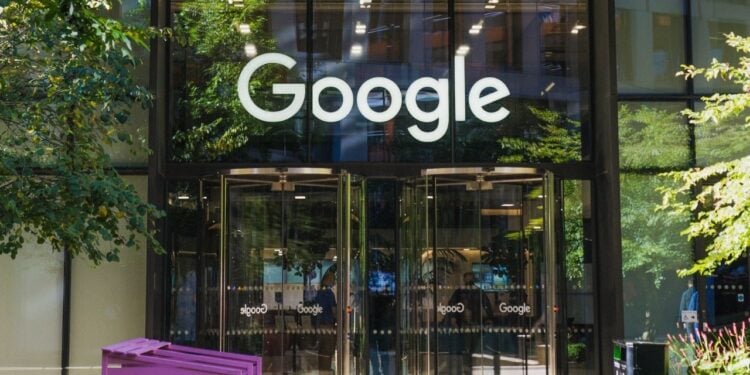Google’s post-pandemic work policy will see workers come into the office at least three days a week.
While on the surface this seems revolutionary compared to pre-pandemic work models, a survey of 1,000 Google employees revealed that two-thirds are dissatisfied with this arrangement.
In fact, these workers are so unhappy that some have threatened to or have already quit the company.
But Google says in doing so, it is encouraging socialization and interaction amongst its employees. The company prioritizes this so much that its former head of HR Laszlo Brock said that the three days a week would serve as a transitional period, with employees eventually coming into the office full-time over the next few years.
Google isn’t the only tech company facing backlash for its post-pandemic work arrangements. Apple also is requiring a return to the office three days a week, leading employees to express the same frustration.
Encouraging community and workplace culture is one thing, but wouldn’t these firms be better off investing into tools to create a distributed workforce that still carries these qualities?
Remote work and social capital are not mutually exclusive. Companies that have embraced full flexibility are not inevitably doomed to hinder their work culture.
Even in the case where these organizations do note a dip in social capital, there are other methods to remedy these losses that don’t include coming into the office.
Grasping onto the past could mean the downfall of these companies, who up until now have been praised for their work policies and benefits. A shift in power has occurred, and as other rising companies embrace the desire for flexibility, they become increasingly likely to attract and retain top talent.



 Dr. Gleb Tsipursky – The Office Whisperer
Dr. Gleb Tsipursky – The Office Whisperer Nirit Cohen – WorkFutures
Nirit Cohen – WorkFutures Angela Howard – Culture Expert
Angela Howard – Culture Expert Drew Jones – Design & Innovation
Drew Jones – Design & Innovation Jonathan Price – CRE & Flex Expert
Jonathan Price – CRE & Flex Expert












